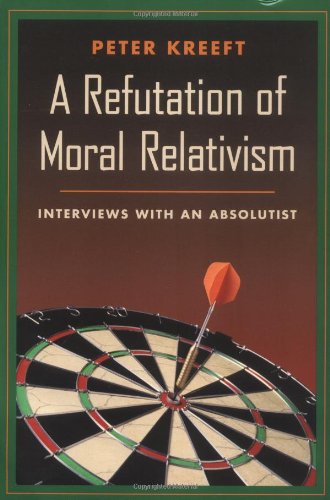Strictly, any doctrine that something exists, has a property, or obtains, relative to something else.
Two forms of relativism have been common, cognitive and moral; both of them are different from subjectivism, though some versions are also subjectivist.
Cognitive relativism may say that all beliefs are true, or true for their holders (the view Plato attributes to Protagoras in his dialogue Theaetetus); or it may take the form of perspectivism (or cultural relativism), perhaps limited to the advanced sciences, where straightforward reputation may be rare.
As cognitive relativism relativizes truth, so moral relativism relativizes Tightness or moral values, but must be distinguished from merely saying that what is (absolutely) right for one to do depends on one’s role or the circumstances one is in. A thoroughgoing relativist must also avoid concluding that it is (absolutely) right to live and let live.
(For linguistic relativism, see: SAPIR-WHORF HYPOTHESIS.)
Source:
M Krausz and J W Meiland, eds, Relativism: Cognitive and Moral (1982)
Table of Contents
Last update 2020-06-17. Price and product availability may change.










